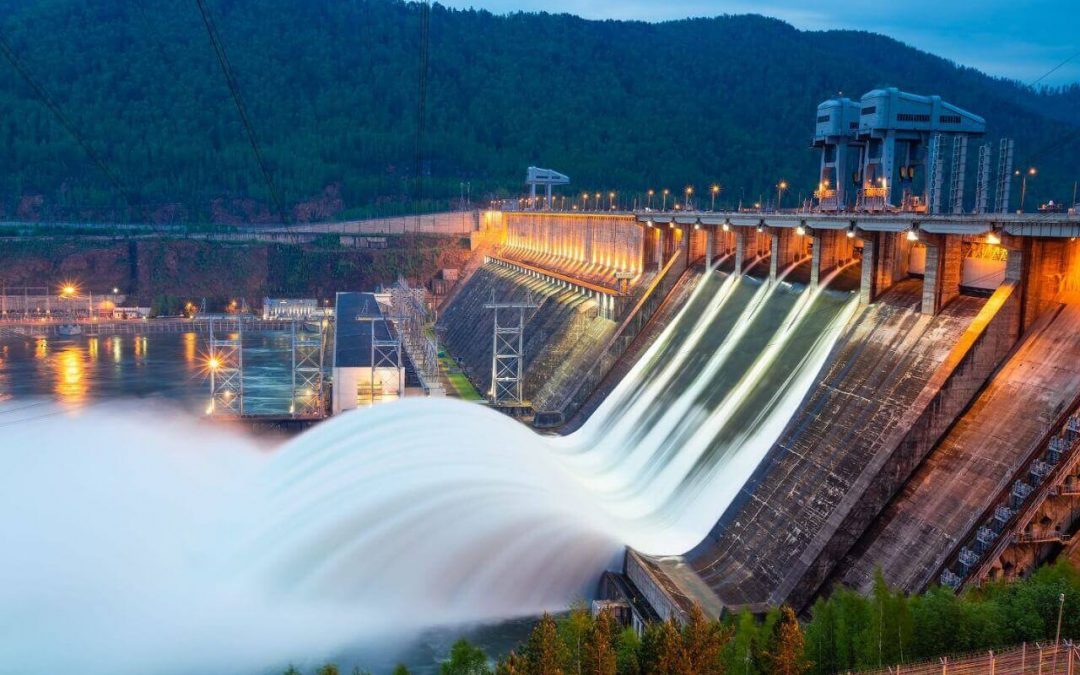During the trading session of Friday, the shares of this company closed 0.25 percent lower at Rs. 450.10 on BSE.
With a market capitalization of Rs. 7,029.82 crores, the shares of T D Power Systems Limited closed at Rs. 450.10, down 0.25 percent, and touched a day’s high of Rs. 451.25 per share. The stock closed in negative from its previous closing price of Rs. 451.25.
Stock Performance
The stock has delivered multi-bagger returns of around 2,824 percent over a five-year period, spanning from Rs. 15.40 on 27th March 2020 to the current stock price level of Rs. 450.35.
This indicates that if an investor had invested Rs. 10,000 in the stock five years ago, it would have gained to nearly Rs. 2.92 lakhs.
In the previous six months, the stock has delivered returns of nearly 16.91 percent, as well as around 68.26 percent returns in the past year. So far in 2024, the shares of T D Power Systems have delivered a negative return of 0.80 percent and thus underperforming the Nifty Index in the same period.
Financials:
For Q2 FY25, T D Power Systems reported revenue from operations of Rs. 306 crores, compared to 274 crores in Q2FY24, an 11.67 percent increase year on year. Subsequently, on a QoQ basis, the revenue growth was 11.67 percent from Rs. 274 crores in Q1FY25,
The company’s PAT for Q2 FY25 grew to a profit of Rs. 41 crores, representing a significant increase of around 24.24 percent from 33 crore profit in Q2FY24 and on a QoQ basis from there was an increase of 17.14 percent from Rs. 35 crores in Q1 FY25,
Business Outlook and Plans:
The company is poised for significant growth in the coming years, driven by robust order inflows and strategic expansions. The company has reported record order bookings, with expectations to exceed previous inflow figures in the next quarter, leading to a revised top-line guidance for FY25 of Rs. 1,250 to 1,275 crores, reflecting a growth of 25 percent to 27.5 percent compared to the prior year. The focus on international markets has intensified, particularly in gas turbines and engines, with exports including a substantial portion of their order book.
Additionally, TD Power is expanding its manufacturing capabilities with new plants set to come online, which will improve production capacity and operational efficiency. The management anticipates strong demand from sectors such as steel and cement while also exploring opportunities in geothermal energy and traction motors.
Shareholding Pattern:
As per the September 2024 shareholding pattern, the majority stake in the company was held by promoters which stood at 34.27 percent. Foreign Institutional Investors (FII) were holding 16.24 percent, and Domestic Institutional Investors (DII) were holding around 29.64 percent. The public was holding around the remaining 19.85 percent in T D Power Systems Limited.
About the company:
TD Power Systems Limited was established in 1999. They manufacture and sell AC generators and electric motors globally. They operate through two segments which are Manufacturing and Project Business. They offer a wide range of products which includes steam and hydro turbines, diesel and gas engines, and electric traction motors. TD Power focuses on engineering, procurement, and construction services, serving sectors like thermal, hydroelectric, and renewable energy. With a strong international presence, it has supplied over 6,300 machines to 105 countries, focusing on quality and innovation in its operations. The order book stood at Rs. 1,234.40 crore as of 30th September 2024 which includes domestic, exports including deemed export, railways, spares and aftermarket, and turkey.
Written by Santhosh S
Disclaimer

The views and investment tips expressed by investment experts/broking houses/rating agencies on tradebrains.in are their own, and not that of the website or its management. Investing in equities poses a risk of financial losses. Investors must therefore exercise due caution while investing or trading in stocks. Dailyraven Technologies or the author are not liable for any losses caused as a result of the decision based on this article. Please consult your investment advisor before investing.





